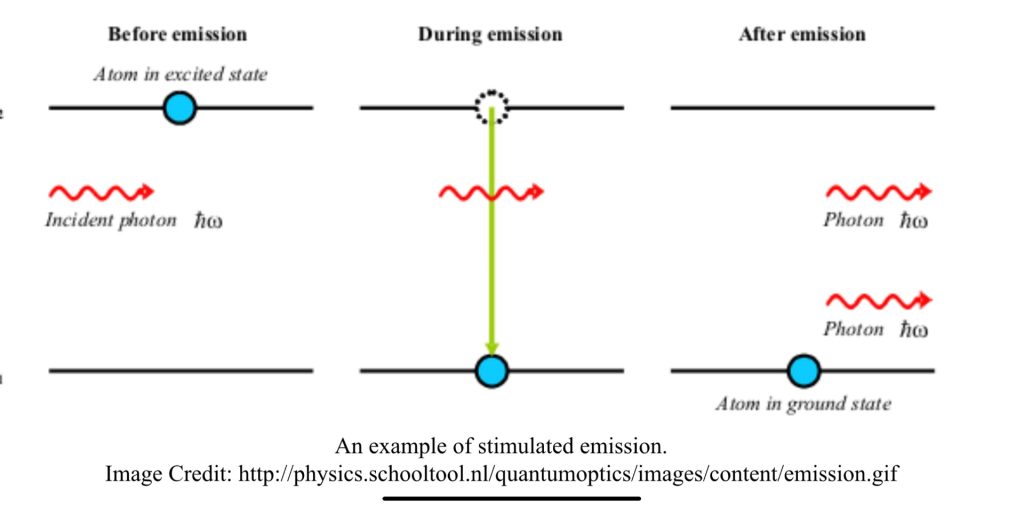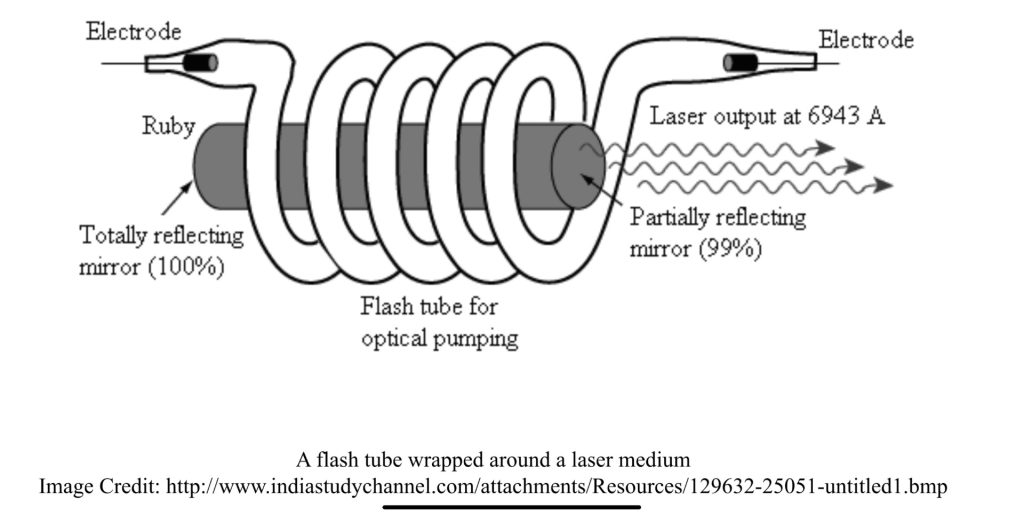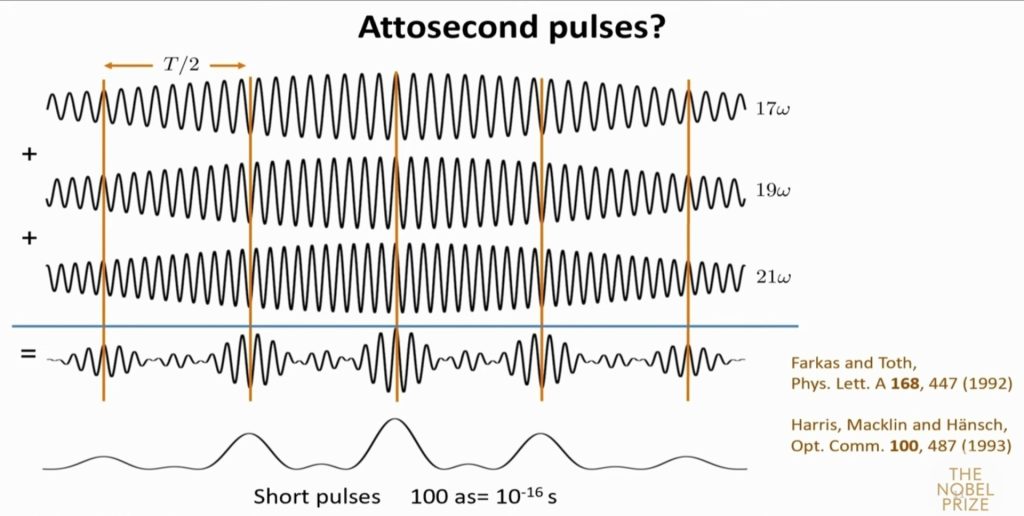These workers last year unionized through United Auto Workers, and included those members of the University of California system of ten campuses. They also did a six week strike in the UC system, representing 48,000 Graduate Students. The UC campuses are often in popular coastal areas as well as in expanding business areas, partly due to their presence. This results in rapidly increasing housing costs. There also was a period of 9% inflation.
Graduate students often work at 50% salary as Teaching Assistants during their first two years while they are also completing required graduate courses. Mostly, graduate researchers also work at 50% salary. The University covers their tuition and student fees. They then become Research Assistants if such funding is available. The research grant covers their tuition. Graduate students usually take five years or more to complete a Ph. D. Degree. Postdocs may take several two year appointments before they land one of a limited number of faculty jobs. They also want to get on with their lives. This requires employment policies covering health care, family leaves and child care. There are also concerns about needing to change faculty advisors or mentoring at times. All of these require unions which are designed to handle such bargaining issues, and raises and negotiations to take such concerns into account.
Since the UC Sytem covers the state of California with the largest population and student system, and is a transparent public university, we cover that in detail.
From the official UC salary website we have the new salaries: The starting Research Associate salary for the full year is $58,233; starting Teaching Assistant for the 9 months Academic Year is $58,250; if Half-time, that is $29,125; and starting Grad Student Researcher full year is $61,080, and half-time is $30,540. The starting Postdoctoral Fellow full year salary is $60,000. The starting Lecturer salary for the Academic Year is $86,247. The UC says that the Graduate Student salary increase is immediately 7.5%, with an hourly increase for such workers of $1.50 per hour. For comparison, the starting Assistant Professor salary which was not part of that Union is $74,600, and full Professor is $108,300.
Other sources give perhaps somewhat wilder salary statements. One article says that the union contract runs through May, 2025, and eventually raises the salaries for Graduate Students, Researchers and Postdocs by 45%. Another says that Graduate student researchers got raises of 25-80%, whereas academic employees got raises of 55-80%. Another says that the minimum TA academic year salary was raised from $25,000 to $36,000. Another says that if a TA goes on strike, their $750 a week is replaced by the Union allowance of $500 a week. (I am not paid to reconcile all such statements.)
Update, June 8: The Strike has been halted by an Orange County Superior Court Judge citing ‘damage to students’. See the LA Times story here. The same information is in an article on Politico here. It is a temporary restraining order until a hearing on June 27, which covers finals and graduations. Will the Union appeal the order?
By a vote of 79% among 20,000 of UAW 4811 members, the UAW has voted to strike over rights to protest, which the UC is contesting as illegal, and appealing to the labor board. Strikes are occurring at UC Santa Cruz, UCLA, and UC Davis at the most crucial time of the year. This takes out 14,000 Union members serving 80,000 students. Now, UC Santa Barbara, UC San Diego, and UC Irvine are also striking. That is six of the ten UC campuses, and will bring the total of strikers to 31,500, or 2/3 of the Union members. This could affect 169,000 undergraduates, which is 73% of the total of 233,000 in the UC system.
Members of the Union can still go in to do their work, and the Union may not block them. If members take partial time off to strike, they will only be paid for the hours which they work.
UC President Drake has approved, contingent on final state funding, a 4.2% salary increase for staff and academic appointees for 2024-2025.
Governor Newsom has, for 2025-26, committed to provide UC with $259 million in back payments, and $530 million in new ongoing funding.
The consequences of these increases in states with limited budgets or budget deficits, along with federal budget tightness for national research, is immediately to decrease recruitment of graduate students, and it is feared, researchers and postdoctoral fellows. This of course will hamper US international science competitiveness, and put more pressure on recruiting foreign trained advanced degree holders for our businesses. It is feared that the fewer positions will then be more concentrated in the top universities.
California has a looming education budget deficit, and the Governor has decided to cover that in TK-12 and Community Colleges rather than in the Cal State or the UC system. The May estimated California budget deficit for 2024-5 is $38 billion, out of a budget of $143 billion, of which 7.4% ($10 billion) goes to education.
Within the University, there will be a competition for what makeup funds there are, probably advantaging those that need to maintain outside research funding, and disadvantaging small or research unfunded areas. There will undoubtedly be pressure for increases in tuition. Some fear that there will also be competition between faculty and graduate student numbers and salaries. All of this will probably soon become evident. Stay back and stay tuned.






















